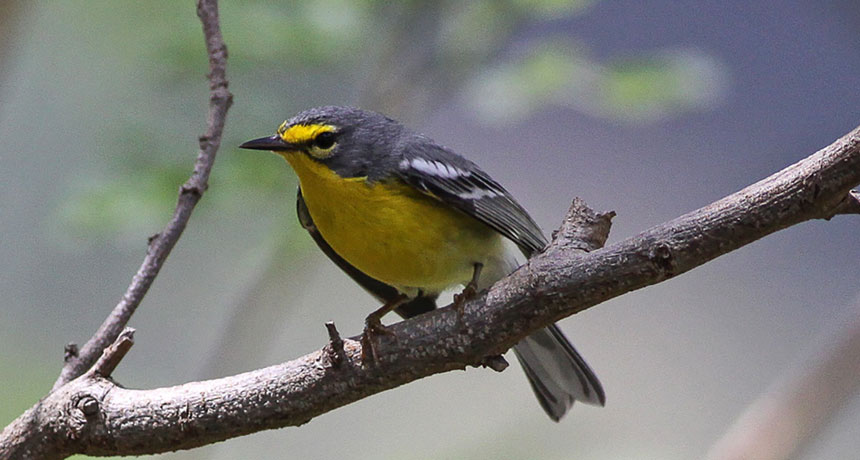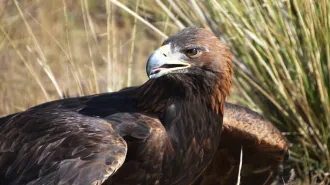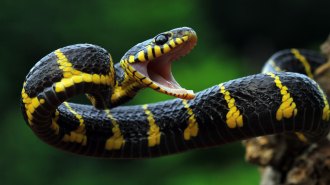Warm-up benefit could explain morning birdsong
Dawn tune-up may improve sound for attracting mates

WARBLER WARMUP Even in the highly musical species of Adelaide’s warblers, singers aren’t at their best with the first trill of the morning.
Ron Knight/Flickr (CC BY 2.0)







